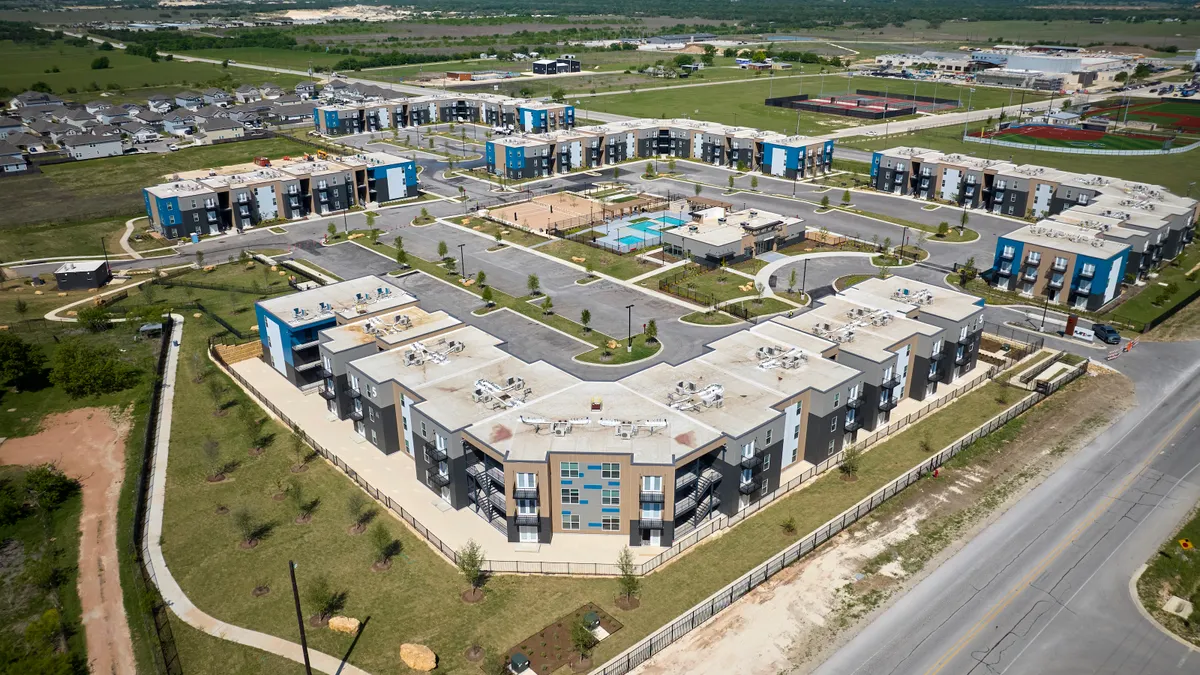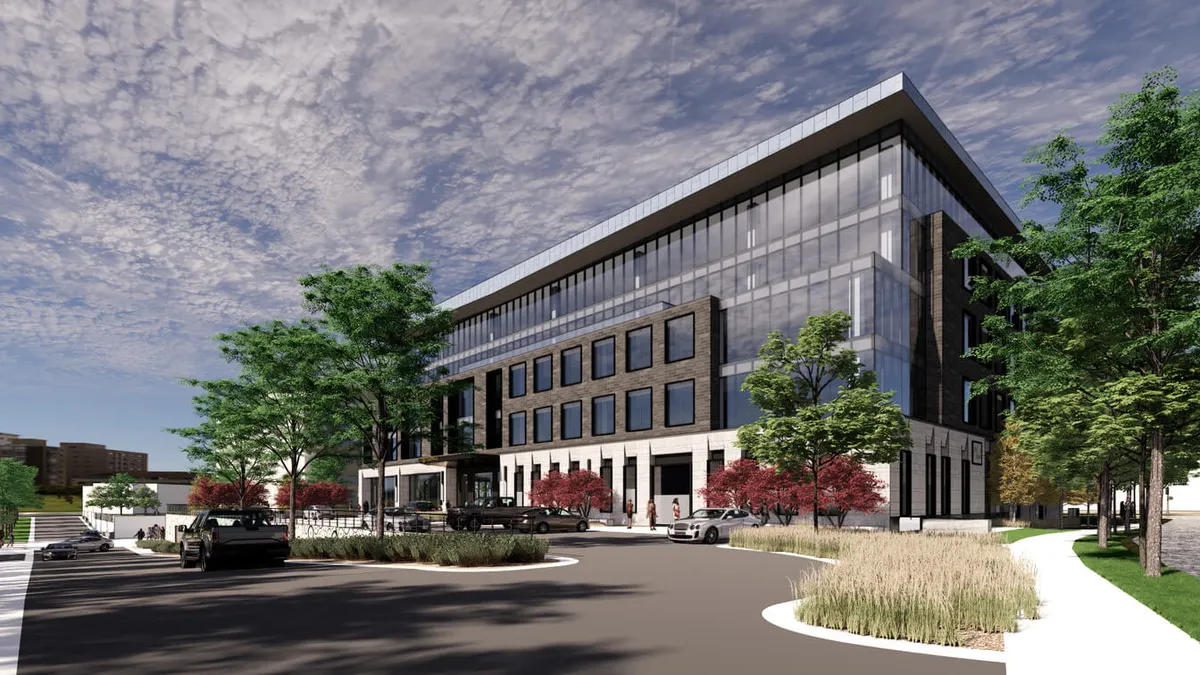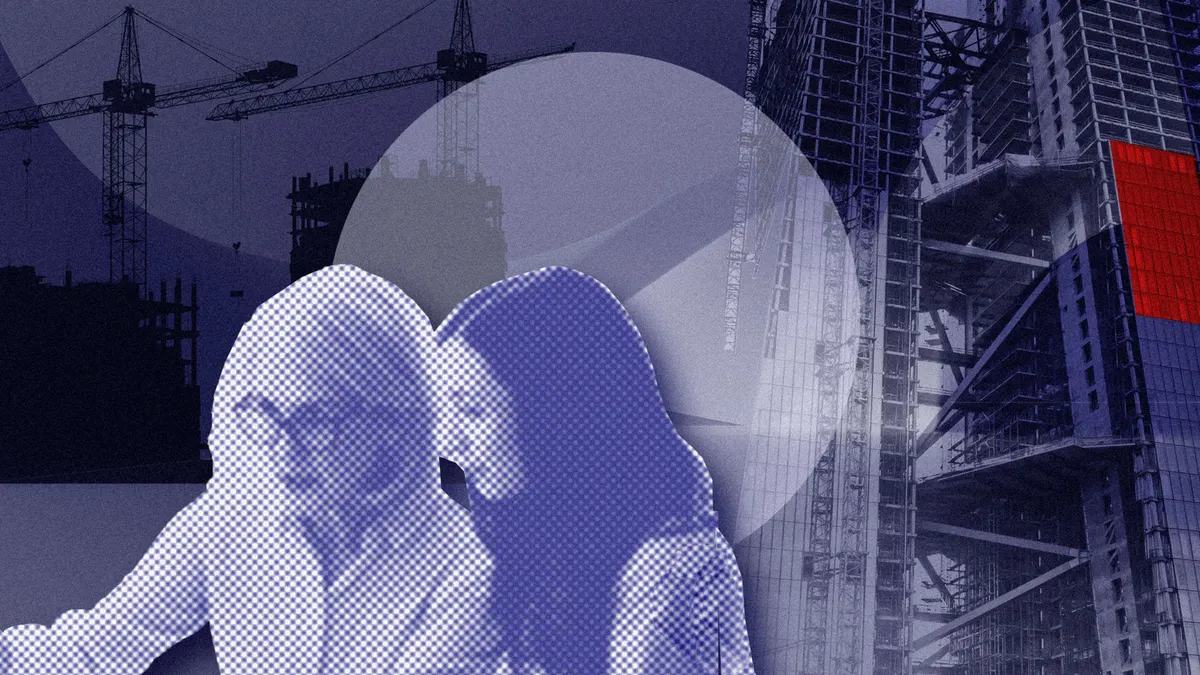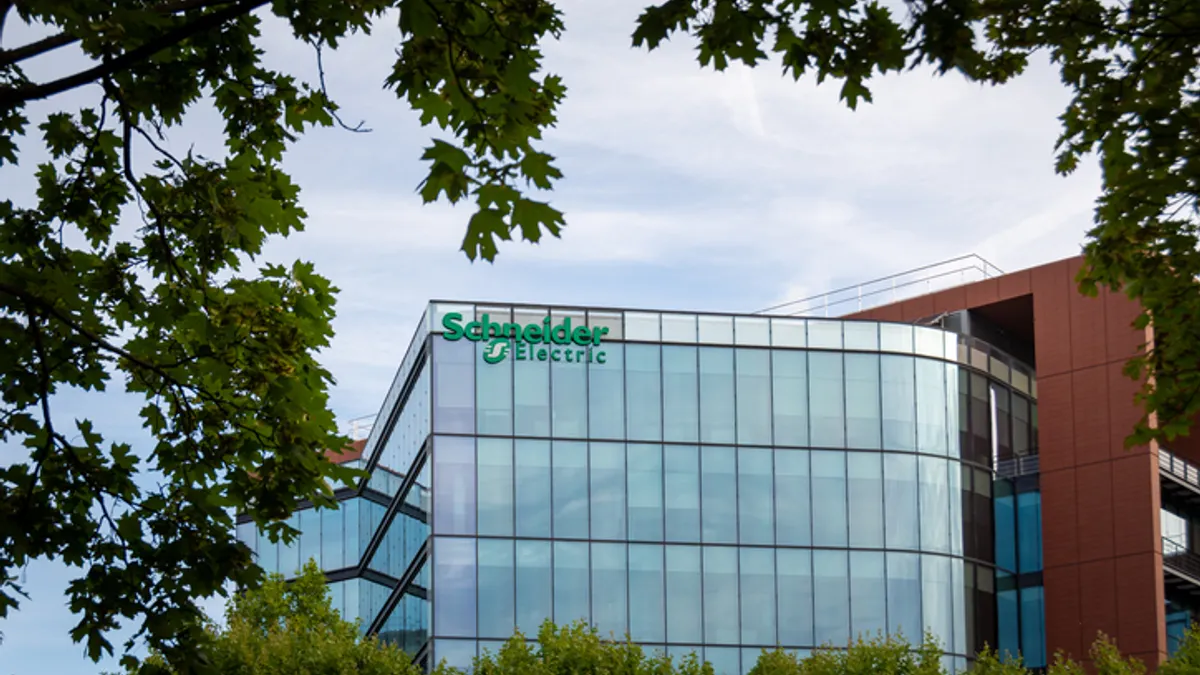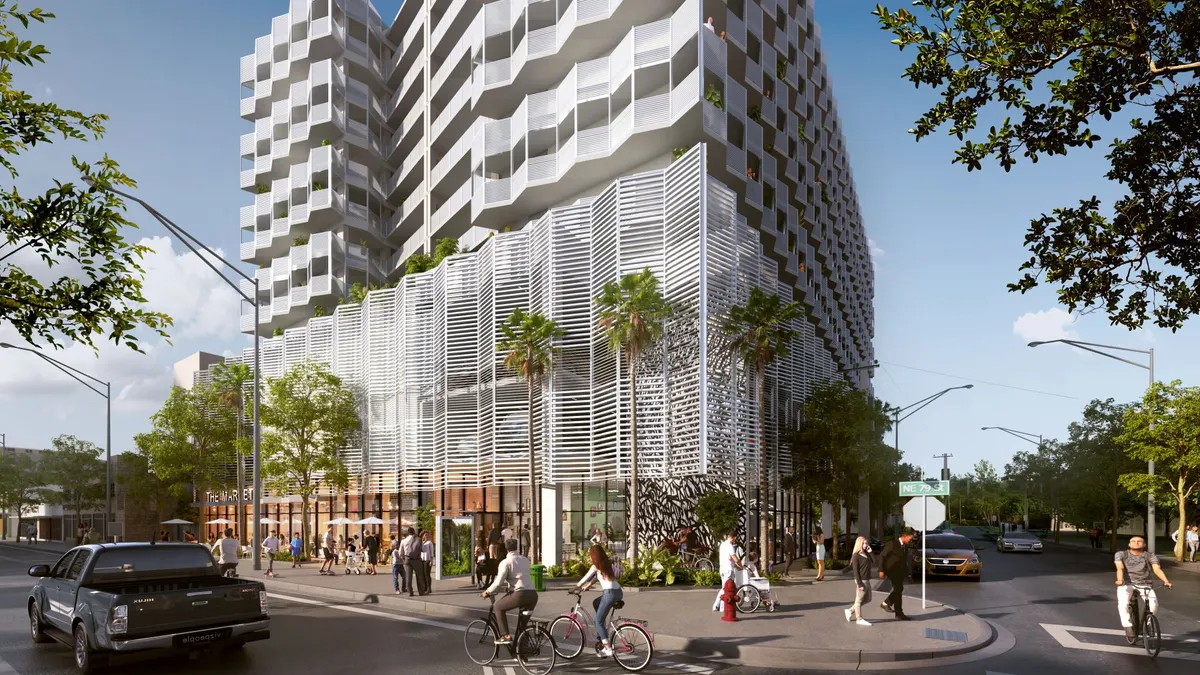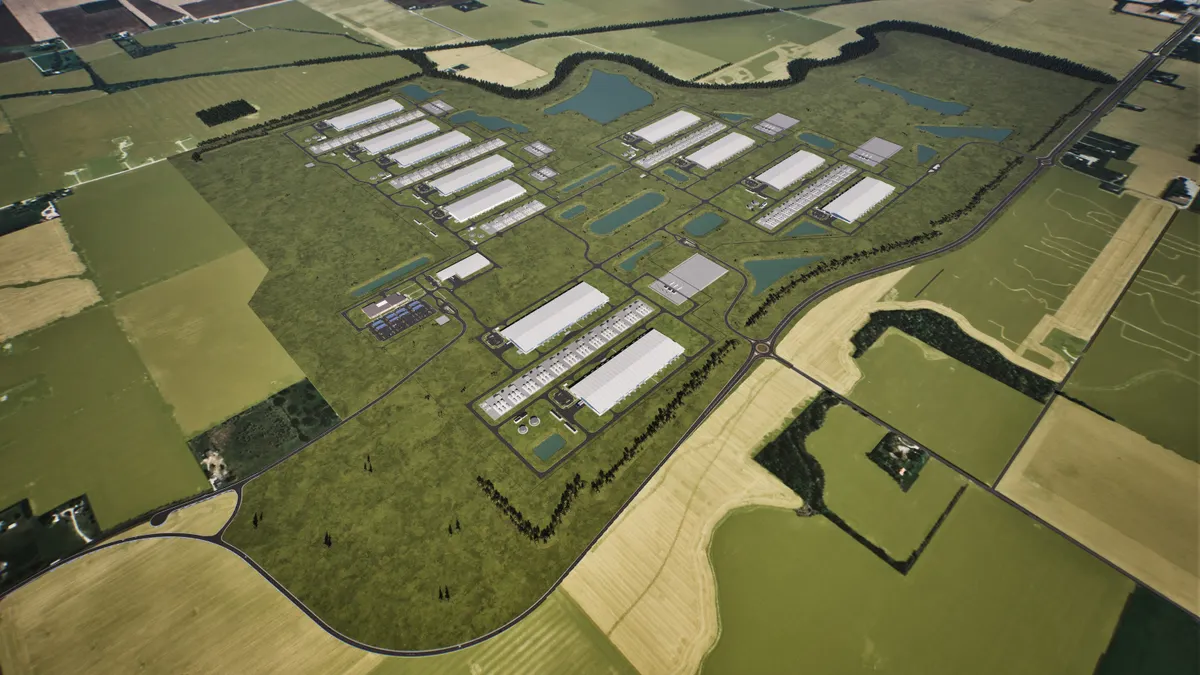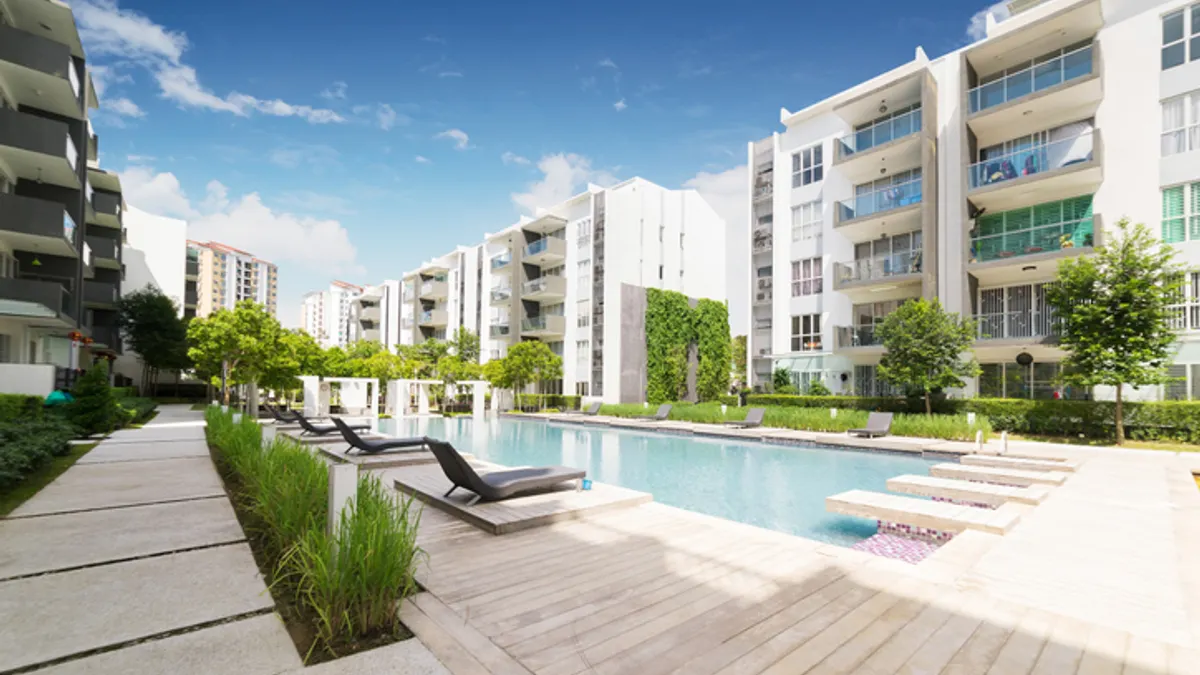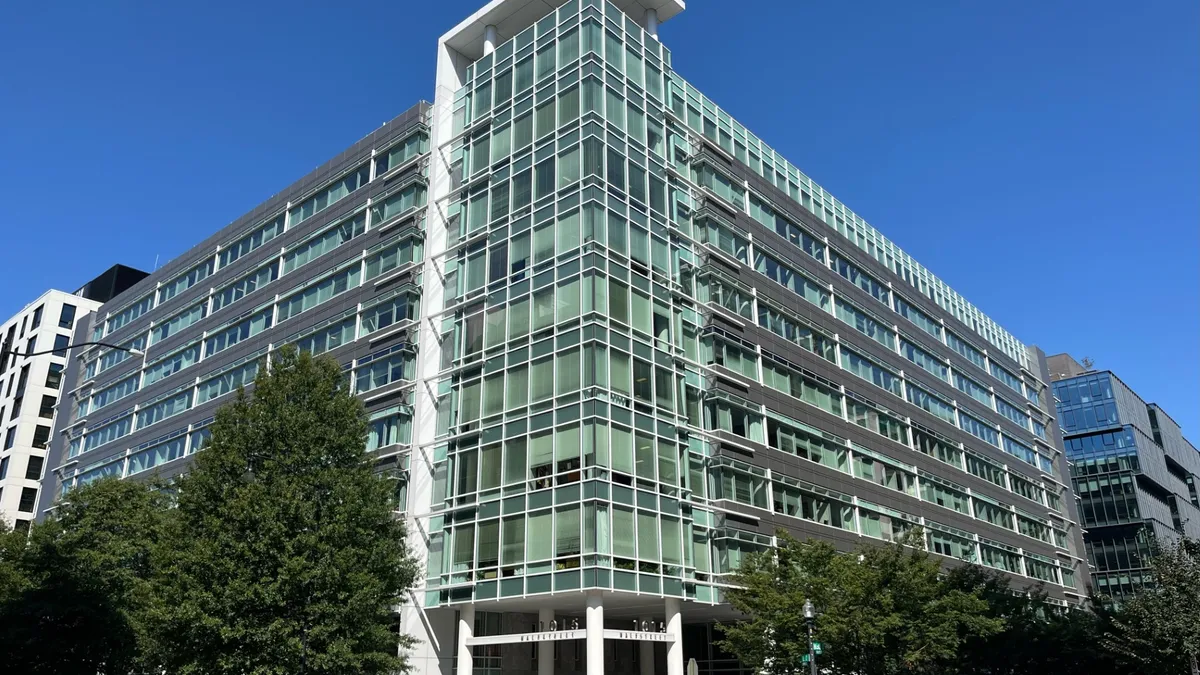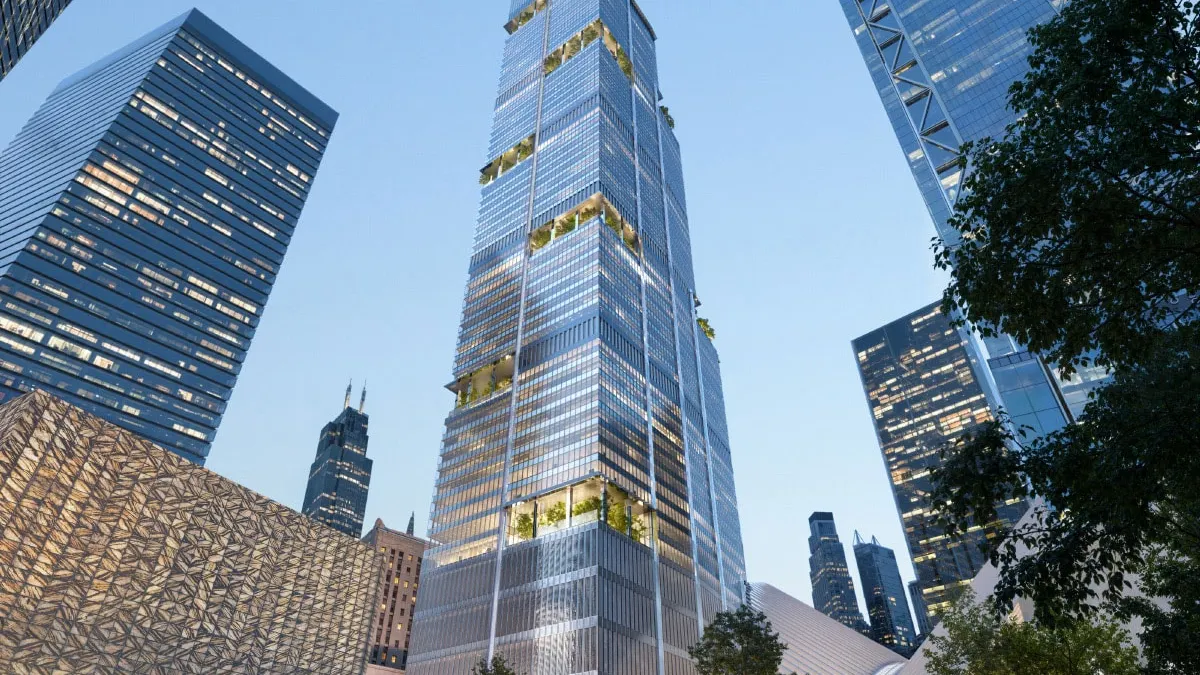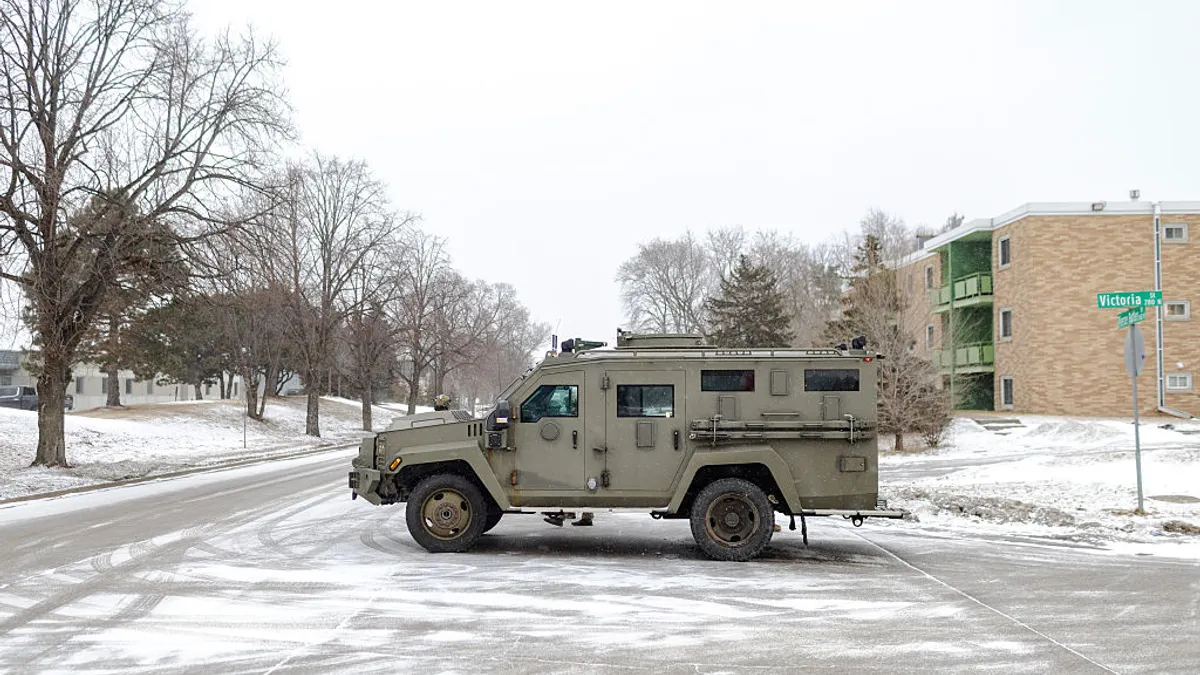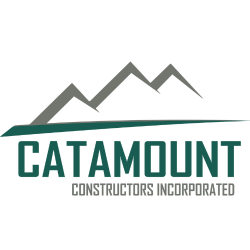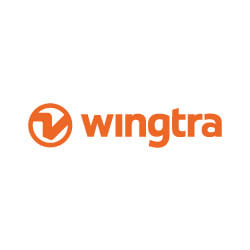A Chicago-based offsite construction firm is scaling up its production to meet demand for faster, more affordable development.
Z Modular, the offsite construction arm of Zekelman Industries, a steel pipe and tube manufacturer, recently named Nate Arnold as its new president, according to a company news release.
Arnold, who brings over two decades of leadership experience in construction and real estate development, most recently served as senior vice president at Brookfield Properties, a New York City-based commercial real estate firm, according to his LinkedIn profile.
With eight modular developments already completed and 10 more in the pipeline, Z Modular has plenty of momentum as Arnold steps into the role, according to the company. His appointment follows the promotion of former Z Modular president Mickey McNamara to president of Zekelman Industries.
Here, Arnold talks with Construction Dive about Z Modular’s industrialized approach and where modular makes the most impact.
This interview has been edited for brevity and clarity.
CONSTRUCTION DIVE: What does Z Modular deliver and how do you differ from other offsite builders?
NATE ARNOLD: Z Modular is a fully integrated commercial real estate developer, driven by the idea that there is significant room for improvement in the industry, a belief that I think many would agree with.
We address the efficiency problem by leveraging our parent company’s background in the production of steel and PVC-based products. These products, such as structural tube steel, electrical conduit and water pipe, are highly repeatable. In order to be profitable, it is not enough to simply manufacture them, they need to be made at volume with consistent high quality.
Z Modular was founded on the core philosophy that shortages, and the resulting affordability challenges, in the commercial real estate space could be solved with a more industrialized perspective.
Which sectors are you targeting, where do you see the most growth ahead?
Due to housing shortages in nearly all major markets, residential development has the greatest potential upside for a higher efficiency product. Multifamily residential, in particular, benefits from logical modular sizes that align well with standard designs and can be efficiently shipped across the country.
Related sectors, such as hospitality and student housing, will also be natural areas of growth, although the immediate need in those markets is not as acute.
In the future, we may evaluate how to effectively deliver other product types, but housing definitely is our focus for the foreseeable future.
How does integration of design, manufacturing and construction help control cost and schedules?
I had a boss early in my career who got flummoxed by yet another report about some issue we had encountered. His comment to me was, "Nate, do you want to report the news or make the news?" It has become a mantra for me to consistently look not just at what's in my way, but at how to get issues out of my way.
Many times, developers using traditional models have referred to the process as "herding cats," and even some of those proverbial cats have their own cat herding to do. It's difficult to keep all parties aligned when there are competing interests. While our production plants are very efficient, able to produce two square feet of finished product for every man hour, that’s not everything that goes into delivering a multifamily apartment building.
Z Modular has built out onsite construction teams to enhance our ability to control all the variables affecting project delivery, including developing in-house capabilities across various trades. We really want to have as much direct influence as possible.
What helps modular construction adoption gain traction?
I actually think it’s industry headwinds that encourage developers to look at alternative methods.
Regulatory reviews can be black boxes, with any number of changes required on each project. Sensitivity to time makes quicker deliveries more attractive.
Developers also need to respond to market rebounds relative to supply cliffs. Being quicker to market in a more predictable, and therefore less risky fashion, is a competitive edge as Z Modular delivers for both ourselves and third-party partners.
How involved is Z Modular in development beyond manufacturing?
We are both a vendor and a full partner in the real estate process. Zekelman has used developing its own portfolio both as a long-term investment strategy and as an R&D lab for the products we offer to our partners.
We also can offer a range of services, from full-service development to simply producing modules. Over the next few years, we’ll have an incredibly strong product offering of multifamily buildings and will be producing 5,000 units or more each year.



